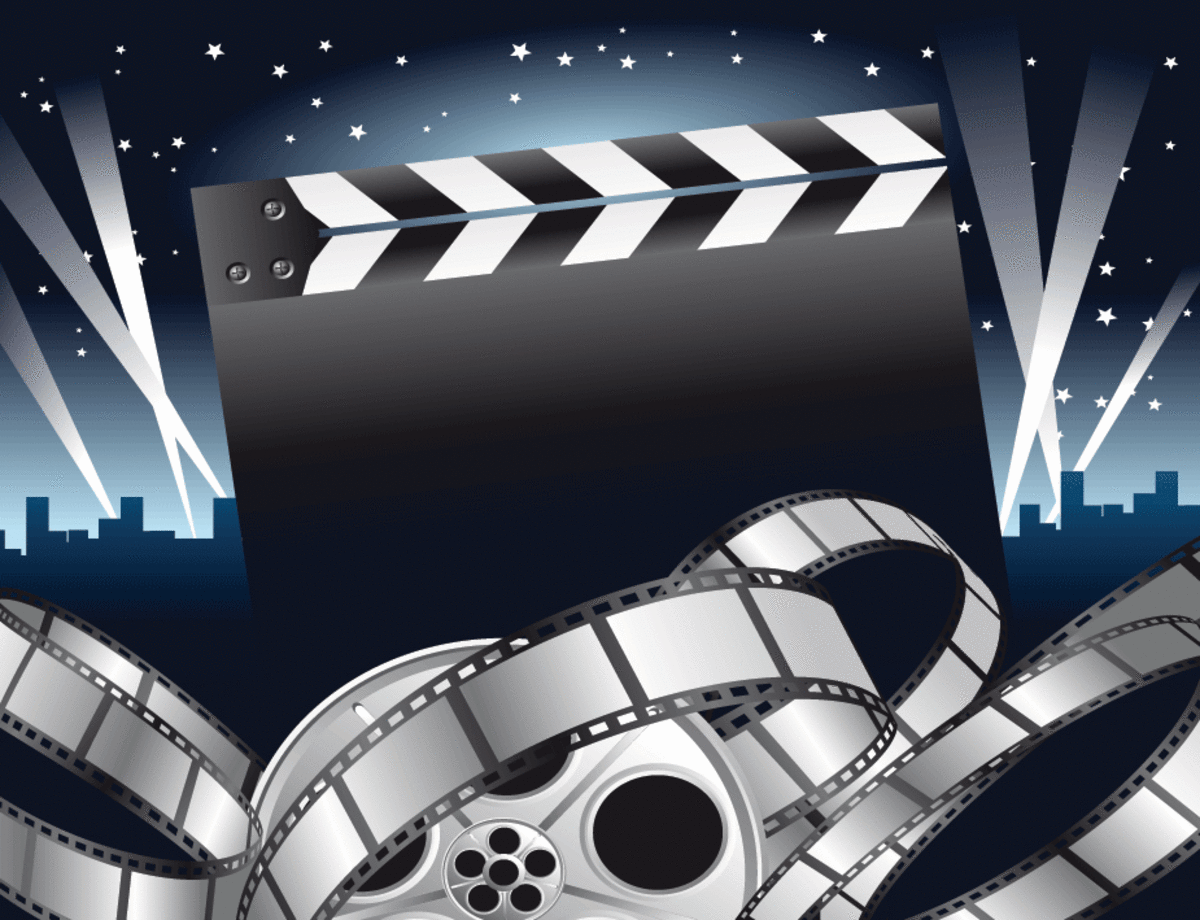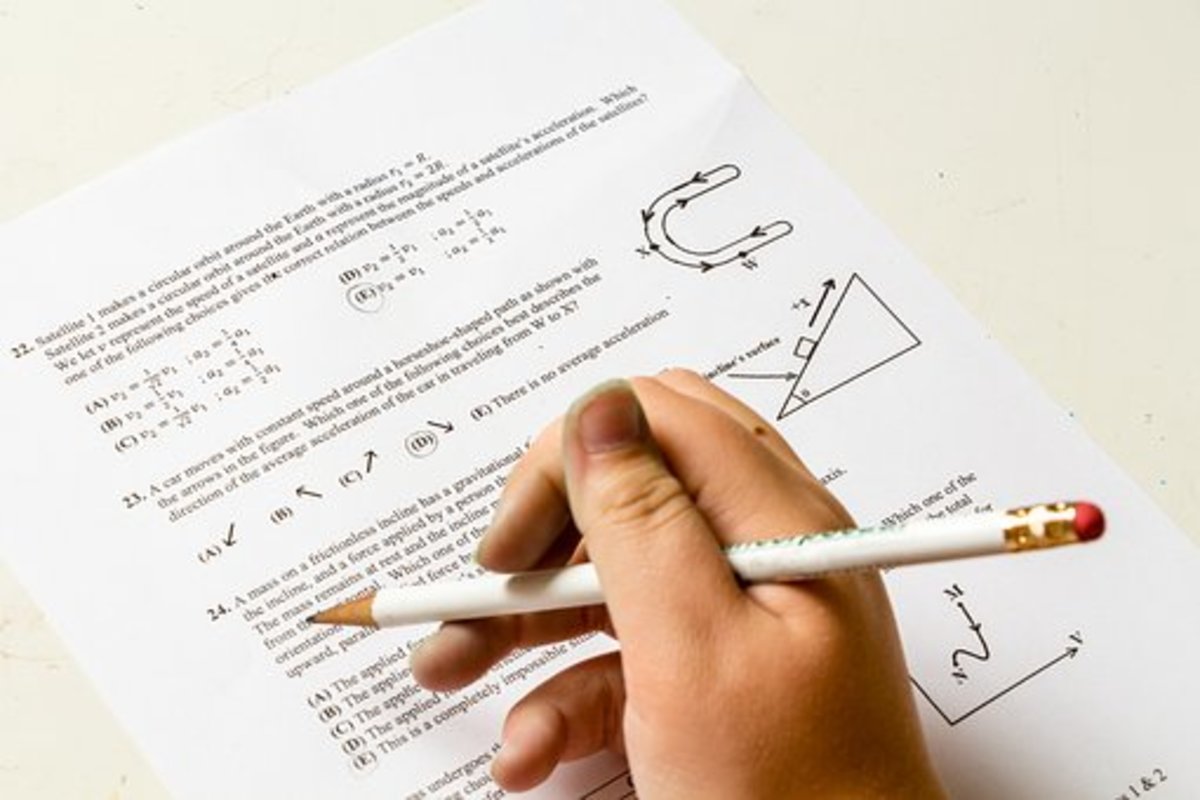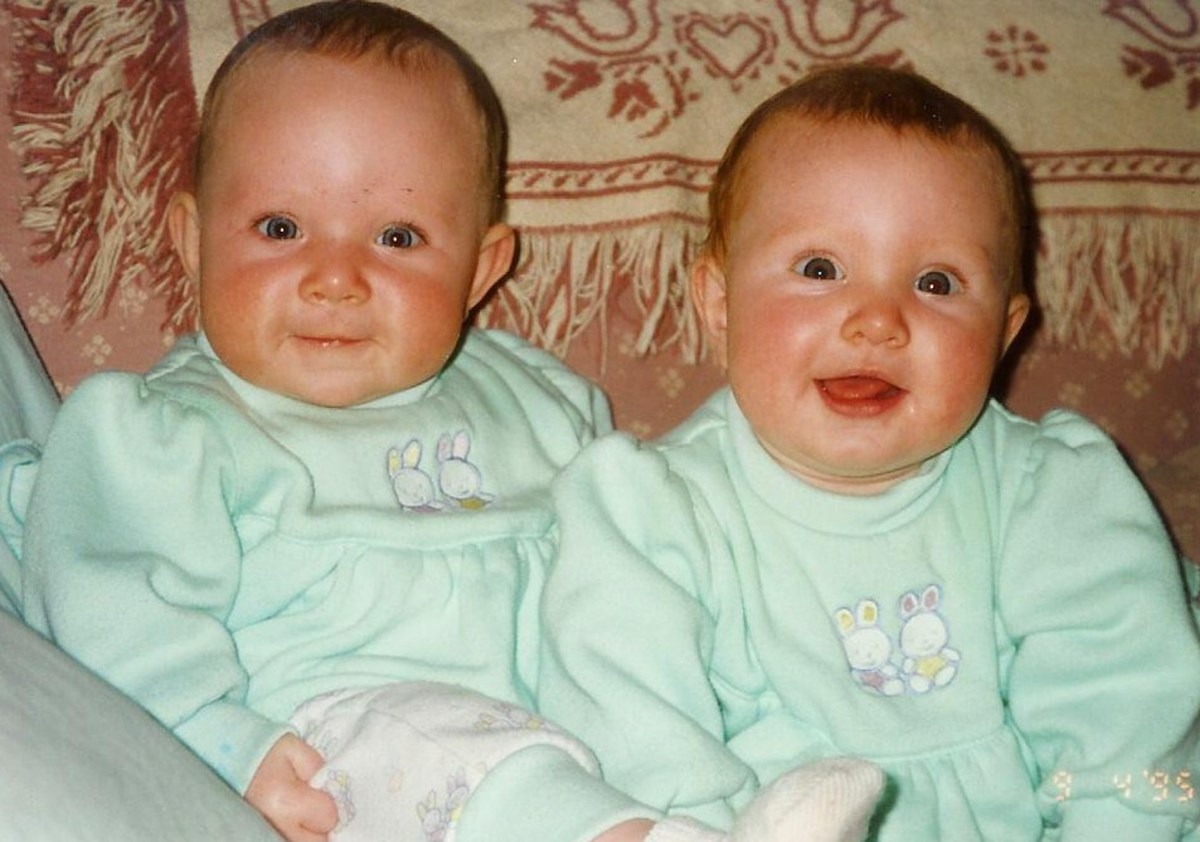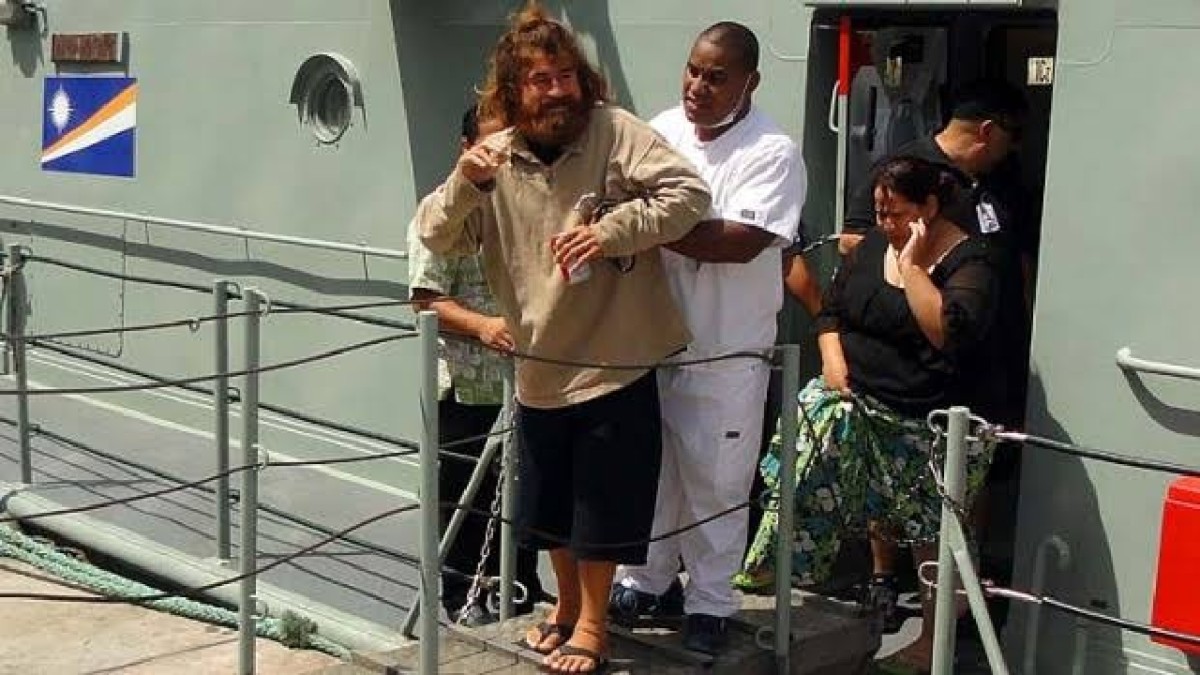ASPIE HIGH - MY SOCIAL STRUGGLES AS A TEEN
An aspie's struggles in high school
The social nuances, expectations, and pressures of high school can be tough enough for the average teenager to master.
This is particularly true if said teen aspires to a happy and active social life during those years, including such mainstays as football and basketball games, parties, homecoming dances, and the granddaddy of all high school social milestones, the prom.
Not to mention hanging out with friends at the local burger joint, or malt shop, or wherever teens hang out these days.
Looking and behaving in a manner that's considered to be acceptable by the "cool" crowd in order to fit in and have fond memories to rehash at the twenty-year reunion is, indeed, a job that can be difficult for even the most self-confident adolescent.
However, for a teenager with Asperger's Syndrome, the high-functioning form of autism that negatively affects social interaction, that job is nearly impossible.
At a place such as high school, where social cues, behavior, and the pressure to fit in and be thought of as "cool" is everything, the youngster with AS (short for Asperger's) is often doomed.
Because of typical "Aspie" traits such as obsessiveness with certain topics and objects, and saying inappropriate things at inappropriate times, the teen with Asperger's is likely to spend his or her high school years ostracized, bullied, shunned, and alone. Friends, an essential staple of the teen world, are difficult to come by and maintain. That leads to the aspie feeling like a social misfit whose only enjoyable high school memory is the day he - or she - leaves the place.
I know this is so from personal experience, because as someone with Asperger's which affects 20 million people world wide, my high school experience was socially one of the worst of all time as my three years at that level were mostly filled with social rejection, loneliness, and depression, virtually from day one.
Actually, the seeds of my high school hell were sown BEFORE day one.
Though it has been over 25 years since I walked across the stage of my school's amphitheater in my royal blue cap and gown and picked up my diploma, I remember many of my slights and rejections as if it were yesterday...
My primary extracurricular activity during my high school years was the marching band, where I played the tenor and baritone saxophone. Since every high school's band has a band camp before school begins, where the band members learn the music and the field shows for the fall, my high school experiences started two weeks before I walked into my first class.
I wish I could state that those band camp days were welcoming and enriching, that the other band members welcomed me with open arms and said, "We're gonna be your friends."
Unfortunately, that would be lying.
That very first day of camp, the senior that was teaching me how to march was so intimidating and negative of every mistake I made that I skipped day two, telling my band director that my family was going on vacation, when I really just stayed home in bed. I was introduced to my fellow band classmates by my old junior high band mates as someone whose brain was "absent most of the time", which more or less killed my credibility with the vast majority of the band members.
To top it all off, the senior that played the same instrument I did, who was serving as sort of my mentor, said when I made a mistake during a marching exercise, "You're stupid, Derek." - his exact words, along with constantly nagging me throughout the year.
The band's trips to Disneyland, where we went every year, was another illustration of how I was largely ostracized and shunned by most of my band mates. "The Happiest Place On Earth" was not at all happy for me during those years.
In tenth grade, after our performance at the park marching up and down Main Street, when it came time for the band to enjoy the rides and attractions, none of the different cliques wanted me to hang around them. Since the band director had a rule that no one went around the park alone, one group was forced to take me along with them.
I especially remember when we went on the Haunted Mansion ride and the group I was with got into these sort of moving chair buggies. I found myself all alone in my buggy, and remember looking into the mirror and seeing a desperately lonely and depressed-looking kid staring back at me, knowing that if not for that no-one-goes-alone rule, I would have been all by my lonesome in Walt Disney's Slice of Paradise.
My 11th and 12th grade trips to that theme park were a little bit better, save for one thing: In both of those years I was ditched by a group of trombone players at an arcade on Main Street, when they put me on a "man test" where I was holding on to some poles at one of the arcade games.
I managed to find other groups that didn't mind having me around, but to be disrespected like that two years running was emotionally devastating inside for me, and just another reason why my high school years were not exactly the stuff dreams or TV shows were made of.
Academically, while I was in the advanced placement and gifted classes, my high school's academic attitude and philosophy was something that was ultimately not a good match for my needs: Swim or Drown.
Since my school years were relatively easy prior to high school, I didn't really know how to study, nor did anyone take the time to teach me. I thought that since I got good grades in elementary and junior high without too much work, why should high school be any different?
That was my mistake, but it still didn't stop me from feeling overwhelmed and depressed over the work demands from most of my teachers and the lack of success that I enjoyed previously.
Pop quizzes were fairly common in some of my classes, and even when I did manage to crack open a book or look over my notes for a class, the tests never seemed to cover what I read or what was assigned.
As a result, my grade point average went from a 3.8 in my last year of junior high to a 2.3 in my first year of high school. I found myself stayng home from school quite a bit during the first few weeks of 10th grade, because I couldn't face the humiliation of teachers being harsh on me, and students either shunning me or getting in my face and ragging on me, when I needed nurturing and friendship.
I should stress that my academic struggles were not solely the fault of the school nor its faculty. I did not have the work ethic necessary to thrive in a competitive high school environment, which my school was. I learned that work ethic, what it took to be good at something, in band, which I value and am grateful for.
Aside from that, almost no one else reached out to help me in the manner that I nedded to be helped. As was said, a "swim or drown" attitude ruled the day in my high school, and if you drowned, tough luck.
What about parties, a staple of adolescent social life, one may ask?
Simply put, I was neither invited to, or wanted at, any significant soirees during my time in high school.
I went to exactly two parties in three years, both in the 12th grade, and they weren't even one of those parents-not-home, everyone go buck-wild affairs. Again, my social awkwardness, due to my Asperger's, rendered me as an undesirable in the teenage party circuit, which certainly contributed to my loneliness.
As far as that prevalent social nuance of adolescence, the affairs of the opposite sex - the female persuasion in my case - I can describe my experiences in this department in one word - PATHETIC.
To put it bluntly, I sucked with girls.
My typical teenage boy insecurities and cluelessness, common to many teen males, combined with my being an aspie, added up to terrible experiences. During bus rides with the marching band, for instance, whenever the band members started to pair up, I was always alone, watching the other kids make out and feeling quite low.
As for actually asking a girl out, forget it. The few time I did have the courage to ask a cutie those six magic words, "Will you go out with me?" - akin to a marriage proposal in the teen world - I was lucky that most of those girls didn't laugh at me and tell me to get out of their face. I was fortunate that 99.99% of them either said, "I already have a boyfriend", or "I can't date right now." Or simply a flat-out "no".
My senior year, as far as my endeavors with girls, fared only slightly better than the previous two years, and that was during the Spring semester. I was only a few weeks from graduating when I experienced my first kiss with a girl that I sort of dated for a week, truly a minor miracle considering what I had gone through before. Like all of the other girls I was interested in (seemingly), she already had a boyfriend, so it was sort of a teenage love-triangle thing.
And that rite of passage immortalized in books, TV, and movies, the prom?
No one would go with me; the few girls I did ask turned me down flat. My cousin fixed me up with a girl from the inner city whom I had absolutely NOTHING in common with. She seemed loud and "ghetto" to me, with a bit of an intimidating attitude.
I got the feeling that she was paid to go out with me; I would have not been the least surprised if that was the case. To this day it is uncomfortable for me to look at my prom picture. I find myself turning it around on my shelf at times.
I am sure some people are thinking, as they are reading this, that these experiences that I had in high school were not that much different than other outcasts and rejects.
That may be true, but I cannot help thinking that if it were not for this disability, which I never even heard of until 1996 - over ten years after my graduation - my teenage experiences would have been immensely better, and I may well have had those fun times that I saw on TV sitcoms and the "Archie" cartoons - that was my image of what high school was like as a young child.
Some of my old schoolmates and bandmates may even be a bit surprised to see these words coming from me - during my senior year in school I made funny wisecracks and jokes in band that got me a little bit of social credibility. As a result, my 12th grade year was a tiny bit better for me socially than my sophomore and junior years combined.
However, that's not saying much. It's like a baseball team in last place losing by only two runs in the final game of the season instead of by twenty runs.
By making those cracks and trying to get laughs, I was masking my pain, I realize now. I was trying to give an image of having a witty sense of humor to hide the fact that I was emotionally hurting and damaged inside.
It is not my intention to paint myself as someone who suffered nothing but oppression in high school for no reason.
If I did not have AS, if I was merely your garden-variety, hormone-laden teenage boy, then I would freely admit that the rejection I suffered in those days was my fault. That the things I said and did that led people to tell me to "shut up" and shun me was my responsibility, and that I paid the price for my insensitivity.
It was my Asperger's condition, however, that caused me to say the inappropriate things I said and did, that led to my social rejection and ostracization. Unfortunately, by the time I first learned about this disability, when I read an article in the Los Angeles Times about a guy with AS whose experiences almost mirrored mine, it was over ten years after graduation, over ten years too late.
In fairness to all those fellow schoolmates of mine who treated me so badly, none of them knew about my AS or about aspies; I had no idea what it was, either. No one did. And not all of my classmates and bandmates treated me like dirt - there were a few that, while they were not exactly close friends, treated me fairly OK.
It may not have mattered whether or not those kids who abused me had known about Asperger's or what an "aspie" was anyway. In my 10th grade year we had a guy in band, a senior, who was clearly autistic, more severe than me.
He wasn't treated at all well by the others. Once I overheard a senior flute player, a prominent member who was not only voted our school's Homecoming Queen that year, but ended up going to Stanford University, say that she auditioned for the wind ensemble - our top group (she got in) - to get away from this guy.
Kids with developmental disabilities were neither understood nor tolerated too well in school in those days, "retards" being the prominent term that NTs - Neurotypicals (people with no mental disabilities) - used to describe them. They were bullied and poked fun at in grade school and excluded in high school, like I was.
Looking back on it all, the high school I attended, a large, competitive, comprehensive public school with roughly 3,000 students, was probably not the best learning or social environment for me. It would not have been the right environment for most aspies, due to the social demands combined with the lack of social skills common to those with AS.
Fortunately, today there are schools and programs that cater to aspies, teaching them social skills and providing services, support, and a nurturing atmosphere which simply did not exist during my high school days over twenty years ago.
The lack of any programs outside of regular special education classes, combined with the lack of knowledge about Asperger's during my teen years, meant that my fellow aspies and I were going to suffer, especially socially. The swim-or-drown approach that many of the teachers at my school used was ill-suited to my needs.
I would have fit in much better, and have done better academically, at a school with a much smaller population. A place that was more nurturing, where teachers and students alike showed that they cared, where they were more open, accepting, and friendly, and where a more personal approach was used. A place where the philosophy would be, "We're going to do everything possible to see that you make it."
I want to emphasize that as the years after high school passed, I understood more and more that by being as tough as it was, my high school was trying to prepare us for life; my band director even said as much during my first band camp. I understood that the school I went to took a competitive swim-or-drown philosophy because they wanted to see us succeed in the real world, a perfectly valid reasoning.
My Asperger's wouldn't allow me to see things that way at the time, though.
I felt that the pop quizzes, the harsh testing, and the high demands were done out of meanness, to use as a tool to give me (and others) low grades and to make me miserable. It was not until my second year of junior college that I finally started to "get it", that my work ethic - and my grades - started to improve.
As such, I felt fortunate that my final high school grade point average was 2.62. When graduation came, I felt like I had survived, that I had gotten a reprieve from the torture and alienation that being an aspie had brought me.
Some people will certainly see this as the bitter ramblings of an oafish loser who can't just "get over" what happened to him as a teenage kid over two decades ago. They will say that I should "forgive and forget" and "move on".
That is a perfectly logical and reasonable request, I'll admit that. but it's like the old saying goes, "Easy to say, hard to do."
I am glad, however, that there is more awareness of Asperger's Syndrome and more support for those in school now who have this condition. That definitely was NOT the case during my youth and teen years. It is good to see the next generation of "aspies" getting the nurturing, support, and services that I didn't get.
I remain hopeful that it contuinues.







